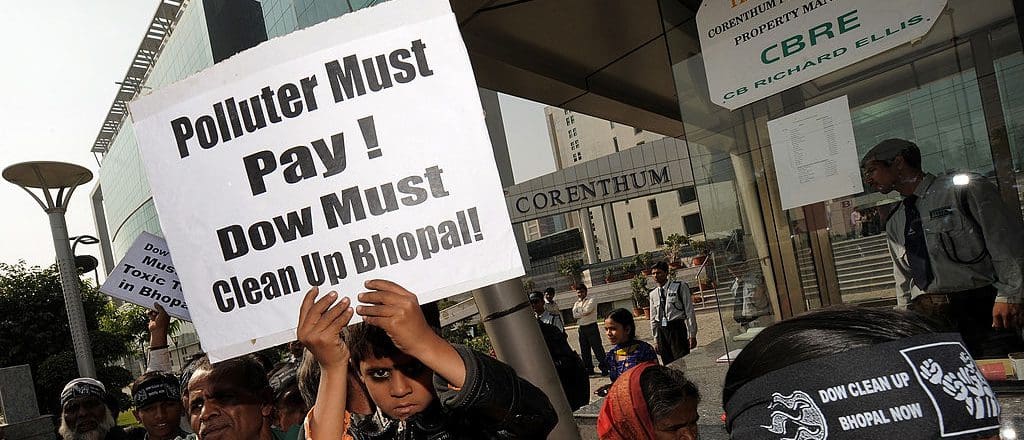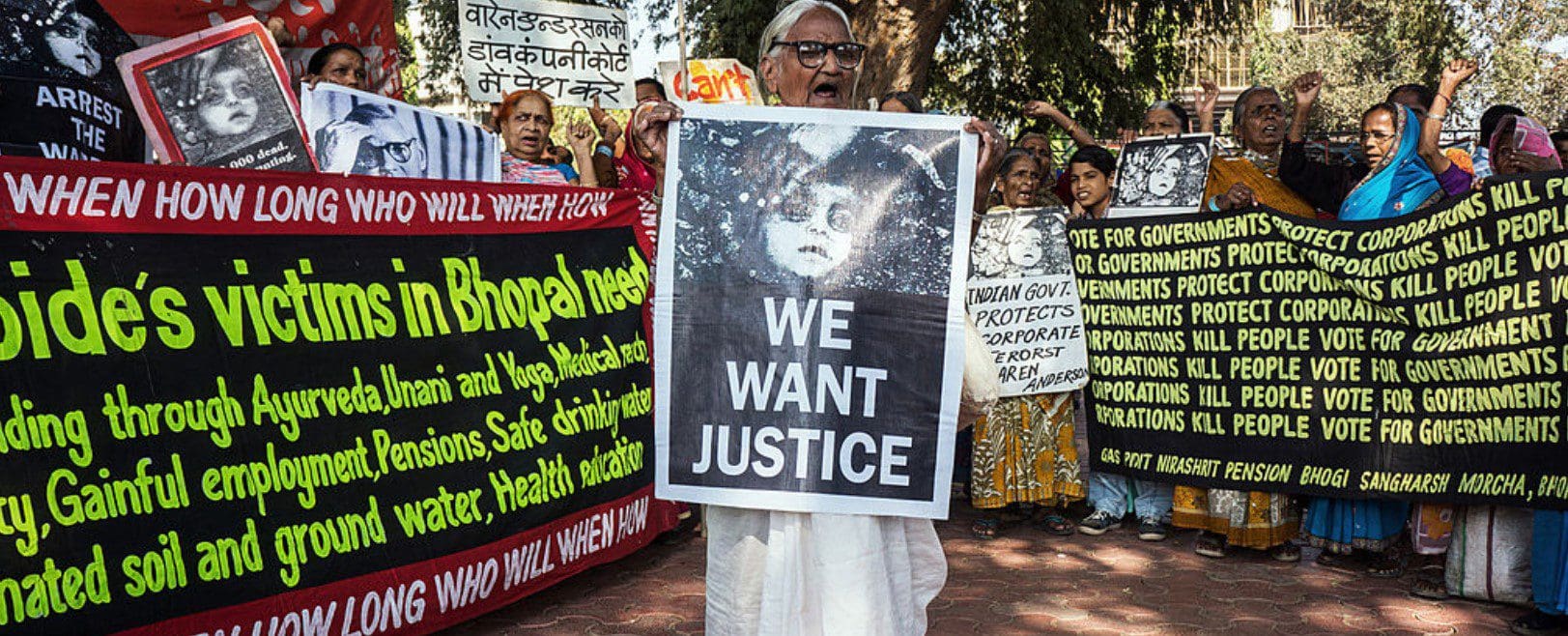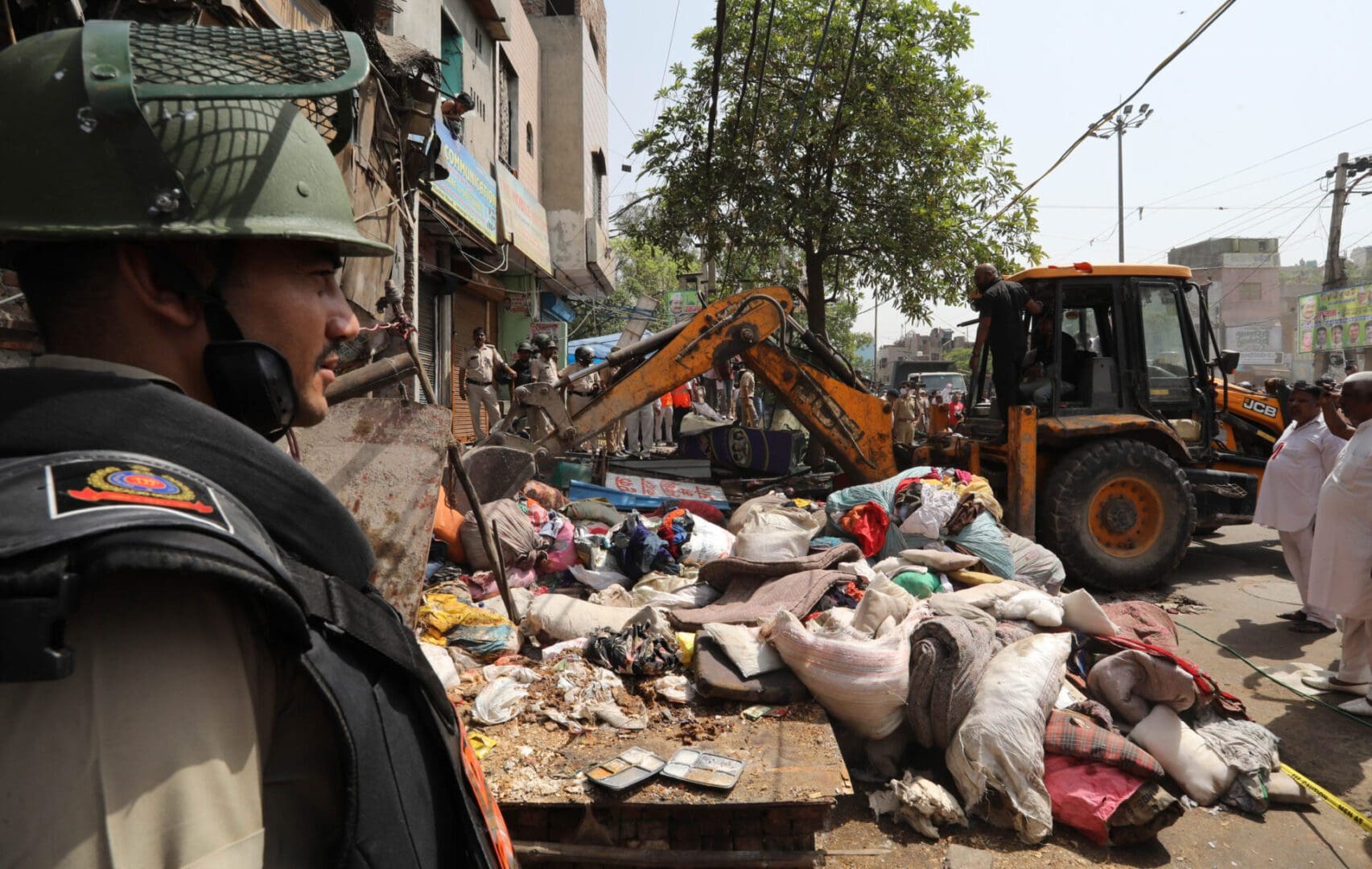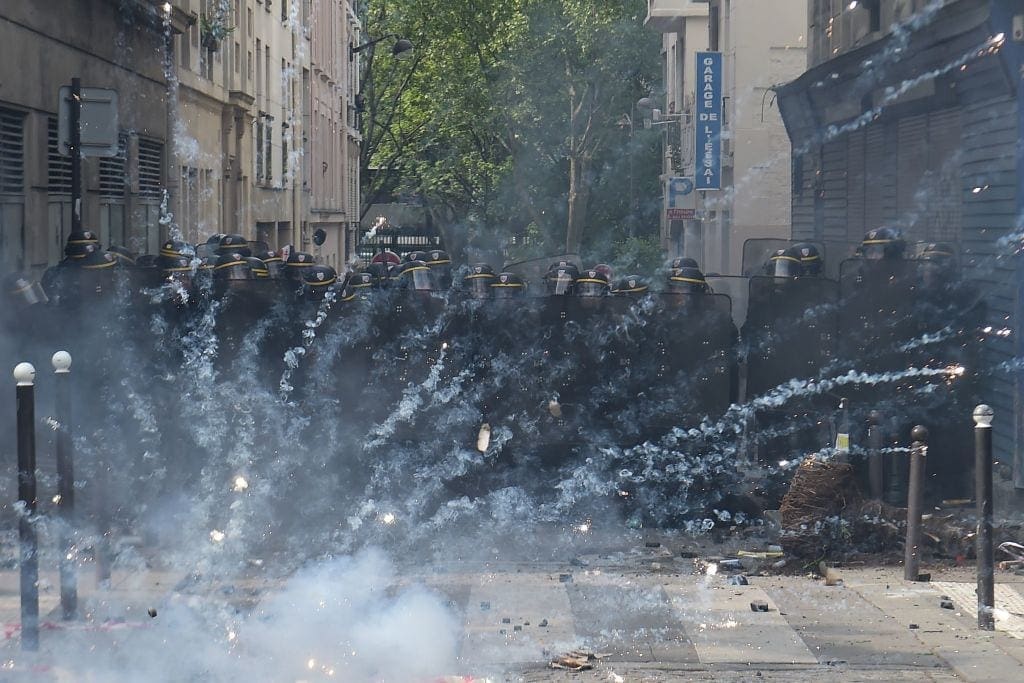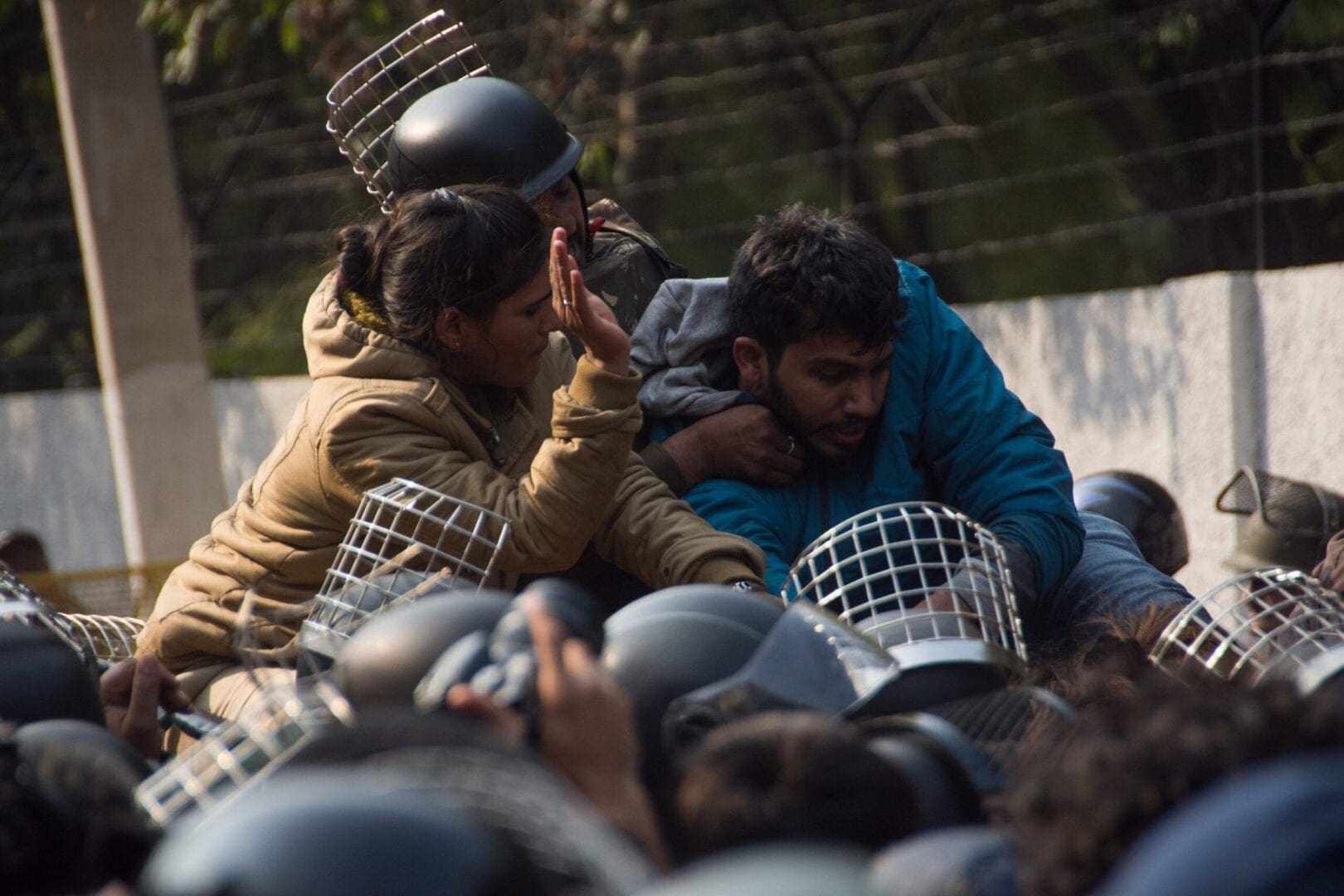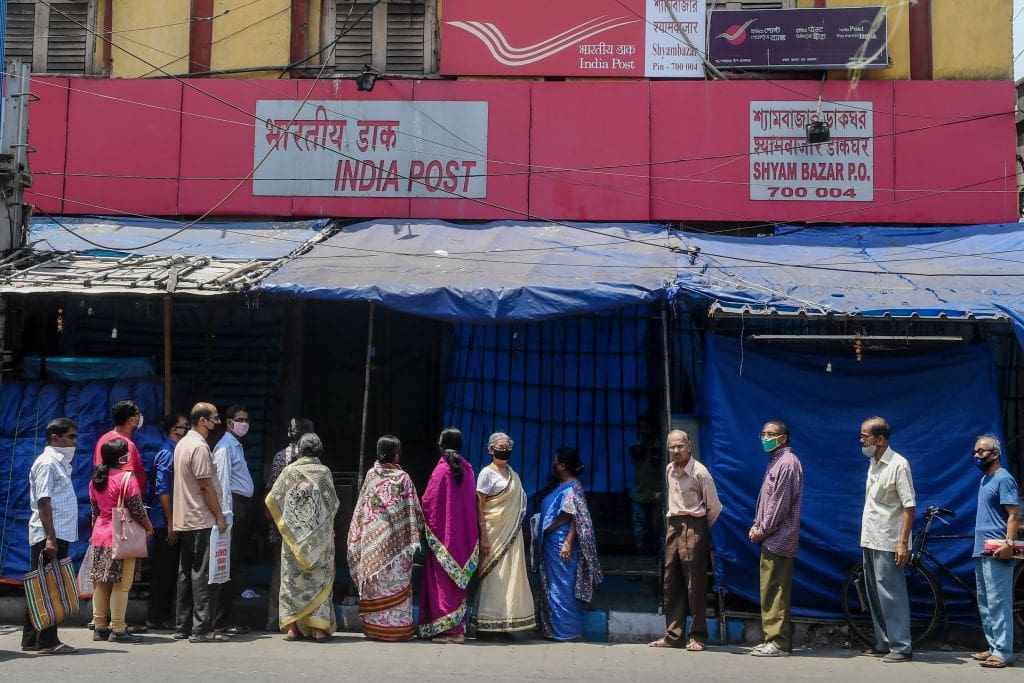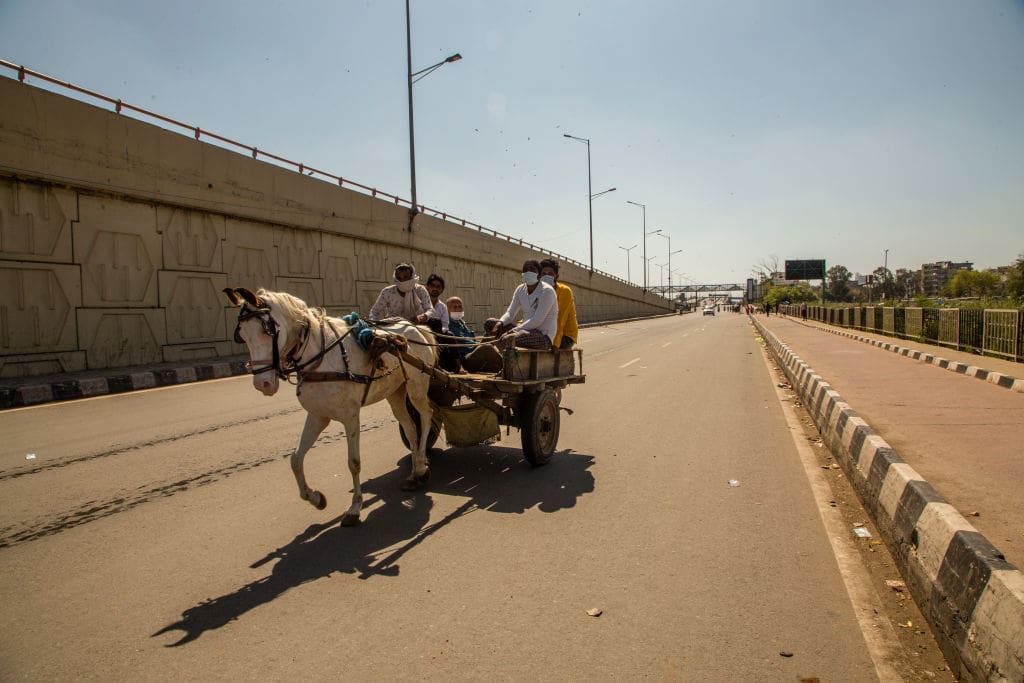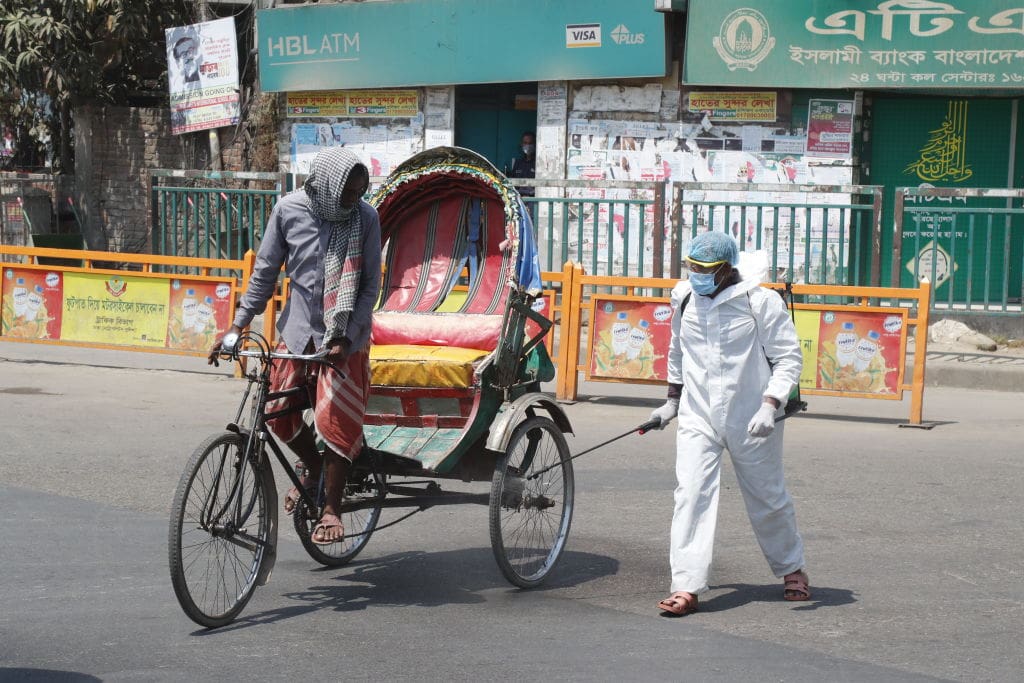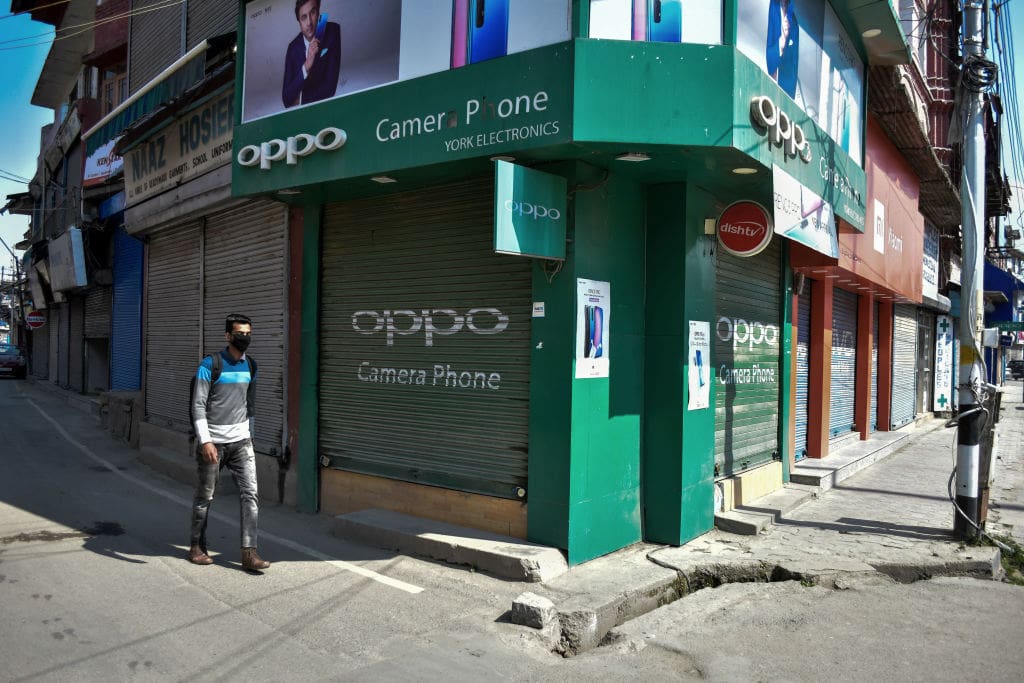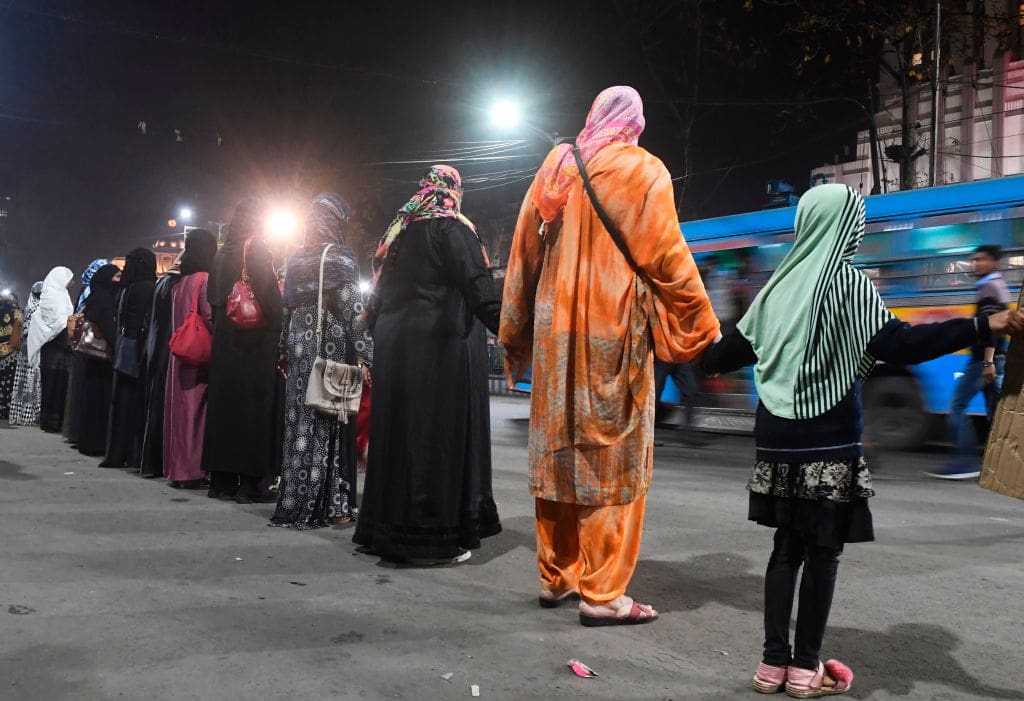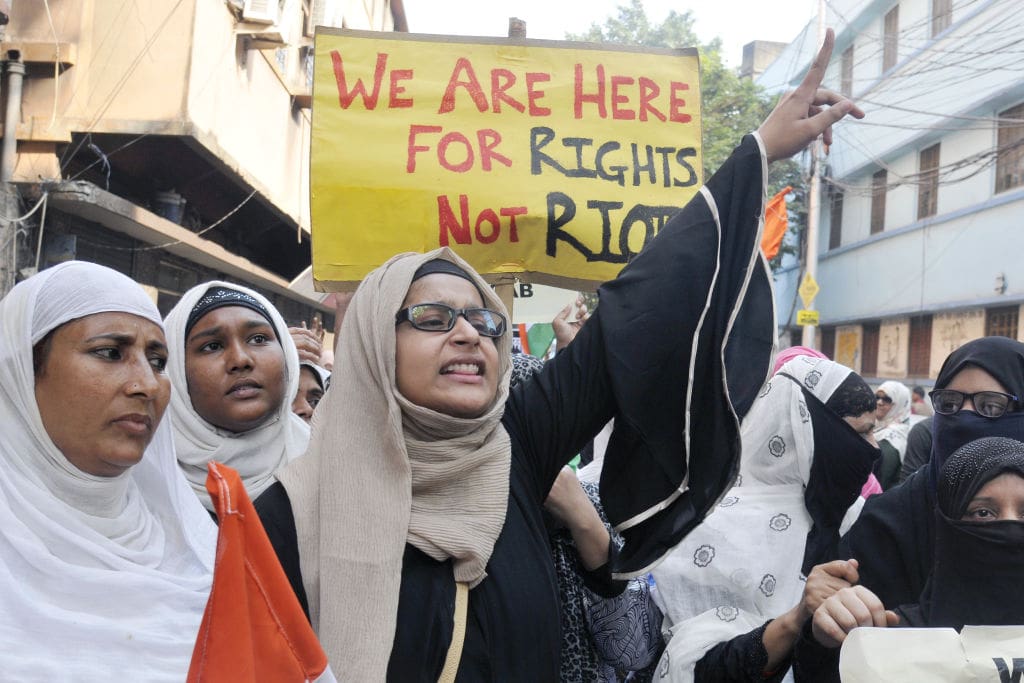The following information is based on the Amnesty International Report 2021/22. This report documented the human rights situation in 149 countries in 2021, as well as providing global and regional analysis. It presents Amnesty International’s concerns and calls for action to governments and others.
INDIA 2021
The authorities used repressive laws to silence critics by curbing freedom of expression both offline and online. Human rights defenders, including activists, journalists, students, lawyers and actors, continued to face intimidation and harassment. Independent investigations revealed a massive unlawful surveillance apparatus being used by the government against human rights defenders, violating their rights to privacy, non-discrimination and data protection. The foreign contribution law was misused to crack down on human rights NGOs. Police and security forces used excessive force against members of minority communities and farmers protesting peacefully against laws on farming. Courts undermined the right to a fair trial and delayed hearing crucial cases involving violations of human rights. In the context of Covid-19, lack of transparency over the distribution of funds increased and the right to health was undermined. Significant sectors of the population suffered from shortages of hospital beds and oxygen during the second wave of Covid-19 infections. Caste-based discrimination and violence against Dalits and Adivasis continued unabated. Vigilante cow protection groups attacked minority communities, adversely affecting their livelihoods.
Freedom of expression and association
Unlawful and politically motivated restrictions were placed on freedom of expression and assembly. Outspoken journalists, media outlets, actors and human rights activists were threatened and intimidated through the misuse of over-broad financial laws.
On 28 July, multiple offices of the Dainik Bhaskar group, a Hindi-language news daily, were raided by tax authorities. Dainik Bhaskar had reported on the mass dumping of bodies of Covid-19 victims along the river Ganges due to high cremation costs. Between 10 and 16 September, the offices of media outlets NewsClick and Newslaundry, as well as the house of actor-philanthropist Sonu Sood and the offices of human rights activist Harsh Mander, were raided on alleged charges of tax evasion and diversion of funds for “religious conversion”.
The Foreign Contribution Regulation Act (FCRA) was misused by government agencies to silence NGOs. In June, the Ministry of Home Affairs suspended the FCRA licence of the Commonwealth Human Rights Initiative, a human rights organization working on access to information and justice. The Ministry also cancelled the registration of 10 international NGOs working on environment, climate change and child labour issues, and placed more than 80 philanthropic and human rights agencies on a “Prior Reference Category” list without citing any reason. Funds are only disbursed to or from the organizations on this list after clearance from the Ministry of Home Affairs, seriously curtailing their work.
In July the Pegasus Project, an international investigative journalism initiative, exposed the unlawful and arbitrary surveillance of Indian citizens through the government’s alleged use of Pegasus spyware. At least 300 telephone numbers of human rights defenders, journalists, lawyers, government officials and opposition politicians were potentially compromised. The spyware, as examined by Amnesty International, enabled government agencies to monitor all phone activity, including emails, files, contact lists, location information and chat messages. It also enabled governments to secretly record audio and video using a phone’s built-in microphone and camera. The ruling Bharatiya Janata Party (BJP) stalled all attempts by opposition leaders in parliament to initiate an investigation into the allegations. On 27 October, the Supreme Court ordered the formation of a three-member committee to conduct an independent investigation into the use of Pegasus spyware for unlawful surveillance.
The names of many human rights defenders, including lawyers and academics, were added to the government’s Union War Book as “enemies of state” requiring “surveillance at all times”. The book is a colonial-era document which compiles information related to security threats.
In May, the government enforced the Information Technology (Intermediary Guidelines and Digital Media Ethics Code) Rules without the necessary public consultation and despite pending litigation in various courts. The Rules regulate so-called Over-the-Top (OTT) platforms such as television streaming services, as well as news media platforms. They allow for the blocking and censoring of content without any legislative backing. The introduction of the Rules also mandated the identification of the originator of certain information on social media, effectively breaking end-to-end encryption and violating the right to privacy.
India witnessed 38 government-mandated internet shutdowns during the year. Residents of Jammu and Kashmir suffered the longest internet shutdown on record from 4 August 2019 to 5 February 2021. The region continued to suffer repeated internet shutdowns over concerns for national security and public order. The shutdowns caused economic loss and adversely impacted education and other service provision. They also put human rights defenders at heightened risk of surveillance by government agencies.
Arbitrary arrests and detentions
Fourteen human rights activists continued to be detained under the Unlawful Activities (Prevention) Act (UAPA) anti-terror legislation. They were academics Anand Teltumbde, Shoma Sen and Hany Babu; tribal rights activist Mahesh Raut; poet Sudhir Dhawale; lawyers Surendra Gadling and Sudha Bharadwaj; writer Gautam Navlakha; activists Rona Wilson, Arun Ferreira, Vernon Gonsalves and Sagar Gorkhe; and two members of the cultural group Kabir Kala Manch: Ramesh Gaichor and Jyoti Jagtap. They were arrested between 2018 and 2020 by the National Investigation Agency (NIA), India’s main counterterrorism agency, for their alleged involvement in violence during the Bhima Koregaon celebrations near the city of Pune in 2018.
The government cracked down on social media and internet use by resorting to arbitrary arrests. In February, climate activist Disha Ravi was arrested for “sedition” and “spreading disharmony between communities” for sharing a social media toolkit intended to help farmers protest against three contentious farming laws. More than 183 people were arrested for protesting against the three laws, which were passed by parliament in 2020 with minimal consultation. The laws were repealed in December.
On 9 March, Hidme Markam, a human rights activist from the Adivasi Indigenous community, was arrested under the UAPA for highlighting sexual violence against women by state security forces. On 8 April, various UN Special Rapporteurs wrote to the Indian government questioning the charges against her. The government refused to share the legal basis for her arrest.
On 21 September, Aakar Patel, a human rights activist and Chair of Amnesty International India, was arrested and charged with “creating communal disharmony” after tweeting about hostility towards the Ghanchi Muslim community, including from the ruling BJP. The complaint was filed by a sitting member of the legislative assembly who was affiliated to the BJP.
Hundreds of members of the Muslim Tablighi Jamaat movement, who were arbitrarily arrested by 11 state governments for allegedly violating visa terms and intentionally disregarding Covid-19 guidelines, were acquitted by the courts. The court judgments called the prosecution “malicious” and held that the state governments abused their power and tried to make “scapegoats” of the accused.
In October, several opposition politicians were arbitrarily detained or put under house arrest by the Uttar Pradesh Police for showing their support for four protesting farmers who were killed by a speeding car owned by the junior home minister.
Caste-based discrimination and hate crimes
Dalits and Adivasis continued to face widespread abuses. According to official statistics released in September, more than 50,000 crimes against members of Scheduled Castes and 8,272 crimes against Scheduled Tribes were reported in 2020. Dalit and Adivasi women faced sexual violence by men from dominant classes. Many faced discrimination in accessing public services.
In June, a 17-year-old Dalit boy was shot dead by dominant-caste men in the city of Bijnor, Uttar Pradesh. The victim had previously lodged a complaint with local police after the men objected to him entering a temple, but the police had not taken any action.
In August, a nine-year-old Dalit girl was allegedly raped and murdered by four men including a Hindu priest in a Delhi crematorium, and then cremated without her family’s consent.
In September, Arbaaz Aftab was murdered, allegedly at the behest of his Hindu girlfriend’s parents, who opposed their daughter’s interfaith relationship.
Despite legislation in various states criminalizing acts of lynching, Dalit and Muslim men were assaulted or beaten to death by vigilante cow protection groups in Assam, Bihar, Jammu and Kashmir, Meghalaya, Rajasthan, Uttar Pradesh, Tripura and Uttar Pradesh.
Impunity
Enforced disappearances and torture and other ill-treatment were committed with impunity on a widespread and systematic basis.
In July, an 84-year-old Jesuit priest, Father Stan Swamy, died after being repeatedly denied bail despite suffering from Parkinson’s disease and contracting Covid-19 in jail. He had been arrested in October 2020 by the NIA for his alleged involvement in violence during the Bhima Koregaon celebrations near the city of Pune in 2018. Father Swamy had been a vocal supporter of tribal peoples.
At least 28 people were killed in targeted attacks in Jammu and Kashmir by members of armed groups. The Indian government failed to address the human rights and safety concerns of the people of Jammu and Kashmir.
Excessive use of force
There were numerous incidents of excessive use of force by police and security officers. In August, Haryana Police charged on peacefully protesting farmers in the city of Karnal, Haryana, beating them with lathis (batons), and seriously injuring at least 10 farmers. Prior to the lathi-charge, the sub-divisional magistrate of Karnal was seen ordering police officers to “break the heads of protesters” in a video shared on social media.
In September, Assam Police indiscriminately fired on members of the Bengali Muslim community in a forced eviction drive in the village of Sipajhar, Assam, killing a man and a 12-year-old boy. A photojournalist was seen stamping on the body of the murdered man in the presence of police officers who did not prevent the act, in a video shared on social media. After intense public outrage, the photojournalist was arrested.
In October, the central government extended the jurisdiction of the Border Security Force in states sharing international borders, and gave them increased powers of search, seizure and arrest. In the past, the Border Security Force has been accused of grave human rights violations including unlawful use of force, extrajudicial killings, and torture and other ill-treatment.
Right to a fair trial
In June, the Supreme Court granted bail to students and human rights activists Natasha Narwal, Devangana Kalita and Asif Iqbal Tanha, who were arrested under the UAPA for allegedly orchestrating the 2020 Delhi riots. However, it barred this judgment from being used as a precedent in similar cases, effectively preventing courts from granting bail to other students and human rights activists languishing in jail for peacefully protesting against the Citizenship Amendment Act. The Supreme Court also delayed hearing crucial cases related to the constitutional validity of the Citizenship Amendment Act as well as to sedition and the abrogation of Article 370 of the Constitution. It also delayed hearing the challenges to the three laws on farming that were passed with minimal consultation in 2020 and resulted in long-standing protests by farmers.
Right to health
In 2020, the government set up the PM CARES Fund to deal with emergency situations including the Covid-19 pandemic. However, there was a lack of transparency over the distribution of huge grants collected by the fund. The central government exempted the fund from audit by the Comptroller and Auditor General, calling it a “public charitable trust”.
Despite the high number of reported Covid-19 cases, the central government allowed religious congregations like the Kumbh Mela and election rallies to go ahead. Prime Minister Modi personally appealed to citizens to attend. It later emerged that these events contributed to a second wave of Covid-19 infections, during which there was an acute shortage of hospital beds and oxygen to treat patients.
Community health workers, including the all-female Accredited Social Health Activists (ASHA workers) who operate in rural areas, were not given adequate wages or PPE.
Freedom of religion and belief
In April, stringent amendments were made to an anti-conversion law in the state of Gujarat. The amendments punish religious conversion with up to 10 years in prison, and nullify the marriages of those who have converted. The burden of proof is reversed, and the woman’s testimony that she converted of her own volition is insufficient. Her husband and his family must prove that she was not coerced to change her religion. In the past, similar laws were enacted in Uttarakhand, Himachal Pradesh, Uttar Pradesh and Madhya Pradesh. In August, the Gujarat High Court suspended certain provisions of the law, holding them to be unconstitutional.
Discrimination
In June, the BJP-led state government in Assam introduced a two-child policy, which barred those with larger families of more than two children from contesting local elections, applying for government jobs and getting subsidies from government welfare schemes. The BJP-led government in the state of Uttar Pradesh introduced a similar draft law.

